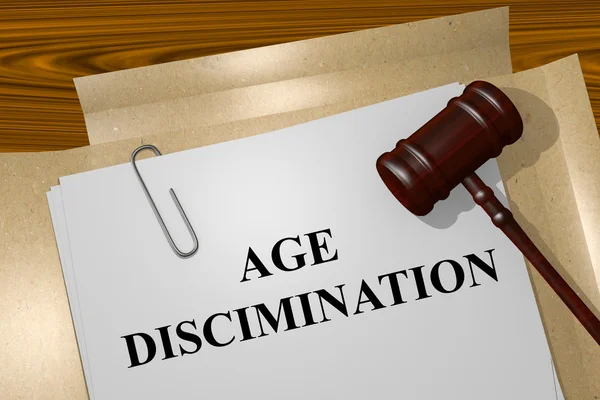Deciding to end a marriage is never easy. Understanding the different pathways divorce can take is crucial for making informed decisions.
Couples must make one significant choice: whether to have an uncontested vs contested divorce. Choosing the correct type of divorce can influence the cost of divorce, the divorce timeline, and even child custody outcomes. To make this choice easier, let’s delve into what each type of divorce entails and how they differ.
Contents
Understanding Uncontested Divorce
An uncontested divorce is a streamlined, efficient, and amicable process. No court or lawyers are required.
The Simplicity and Cost-Effectiveness
This is often ideal for couples who wish to dissolve their marriage with minimal conflict and expense. It’s simpler because it usually requires less legal intervention, which translates directly into a lower cost of divorce.
With this, the divorce law may be navigable without extensive legal assistance. However, consulting with a divorce lawyer can still be beneficial to ensure fair agreement terms.
Timeline and Requirements
An uncontested divorce is usually quicker to finalize. This is because it bypasses some steps required in a contested divorce.
In some states, an uncontested divorce can be completed in a few months. This is because the resolution of major issues does not depend on court schedules.
Child Custody Considerations
In an uncontested divorce, both parties have agreed to terms that are best for the children involved. This consensus allows for a less disruptive custodial transition. It avoids dragging the children into potentially traumatic litigation.
In contested divorces, opposing parties disagree on key issues and require outside intervention to resolve disputes.
Greater Complexity and Legal Involvement
When spouses cannot agree on key terms, a contested divorce is a path left. This situation typically requires more involvement of divorce lawyers. They help navigate the complex waters of divorce law.
In this scenario, each partner will likely need representation. They need someone to advocate for their interests.
Increased Cost and Longer Timeline
Parties can expect higher costs due to the increased time their divorce lawyers spend on the case. This includes discovery, court filings, and potential trials.
The timeline stretches as the judicial process dictates court dates and decisions. This process could last months to years.
Child Custody Battles
Child custody can become an extended battle. This happens because parents may have differing opinions on what is best for the child.
These disputes often require a more detailed court assessment or appointment of professionals. They determine suitable custodial arrangements.
Which Is Right for You?
If you and your spouse can reach an agreement between uncontested vs contested divorce without extensive legal intervention, an uncontested divorce may be the best choice. This will save time and money while minimizing conflict and stress.
If a mutual agreement is impossible, you may need to proceed with a contested divorce. This is to protect your rights and the best interests of everyone.
Understand The Differences Between Uncontested vs Contested Divorce
Divorce is tough. Deciding between uncontested vs contested divorce can be challenging. The choice depends on each couple’s situation. Understanding the differences can help. Aim for a peaceful outcome to move forward. Consider all options and decide what’s best for you and your family.
Explore our other articles on other topics to find guidance and support during life’s challenging moments.




